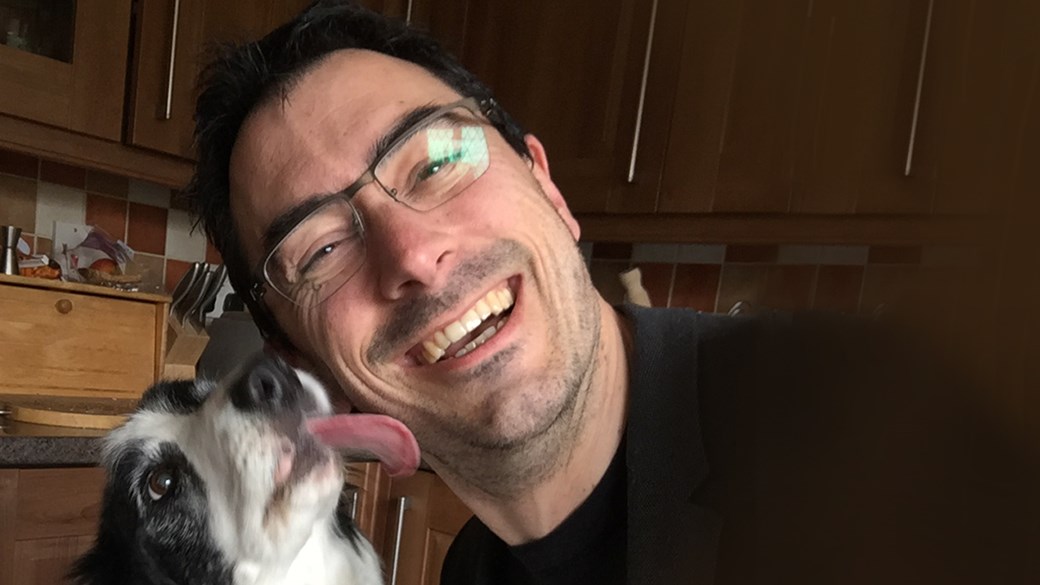I’m the Director of Clinical Services for the Pets at Home Vet Group. I’m responsible for clinical standards, governance and strategy for all Vets4Pets and Companion Care vet surgeries. I oversee the clinical evaluation of international programme candidates, as well as their support and mentoring during their internship.
I graduated from the Royal Veterinary College in 2000, and prior to joining the Pets at Home Vet Group, I spent 10 years working in mixed/small animal first opinion vet practices.
My career highlights include: sedating a snow leopard for an eye ulcer, completing a post graduate diploma in behaviour, performing axial pattern flaps and skin grafts in practice, and in 2014, launching The Vet Report.
I have two Border Collie dogs, two Guinea Pigs and a squirrel whom my wife and I rescued and hand reared from a baby. She is now 11 years old.
Why did the Pets at Home Vet Group establish an International Vet Programme? What is the programme’s goal?
It is well recognised there is a demand for experienced vet surgeons in the UK. So, in 2017, we developed the International Vet Programme to support foreign veterinary professionals wishing to work in small animal practice in the UK.
What’s unique about this programme?
The special thing about our programme is the breadth of the evaluation we carry out with all candidates. The evaluation looks at a wide range of clinical and technical knowledge as well as practical skills such as consultation technique, clinical examination and communicating with clients.
We want our international colleagues to succeed working as vet surgeons in the UK. This evaluation helps us to identify a candidate’s strengths and development areas, so skills can be further developed and careers can progress in the UK. The evaluation also helps our Joint Venture Partners – our partners who own and manage Vets4Pets and Companion Care practices – to tailor their mentoring to the specific needs of each candidate.
Is there anything unique or special to being a vet in the UK?
The vet profession is different in every country. For the UK, it’s a highly developed profession. UK pet owners have high expectations regarding the level of care and service they receive. They demand good quality care for their pets. This means vets in the UK practice to a very high standard, work with high expectations and therefore, offer world leading services and treatments.
What is your top tip for working as a vet surgeon in the UK?
Make sure you discuss all the options for a case with likely costs for each option, but don’t be afraid to make a recommendation based on what you think is best for the pet. Always manage the client’s expectations concerning timescales, costs and likely outcomes. Most complaints are because of poor communication.
Have you worked abroad as a vet?
When I finished my second year of vet school, I spent two months during the summer working at Camp Leakey, an orangutan rehabilitation centre in the Tanjung Puting National Park in Central Borneo. I am, and forever remain, an orangutan fan.

